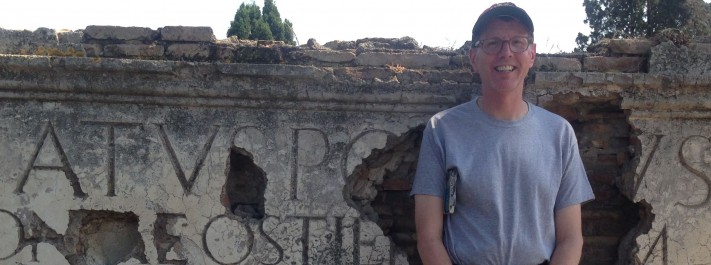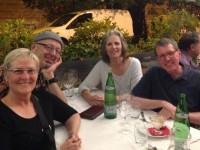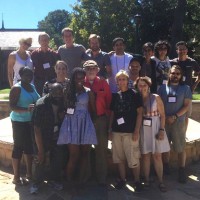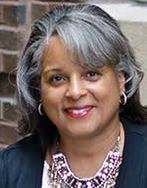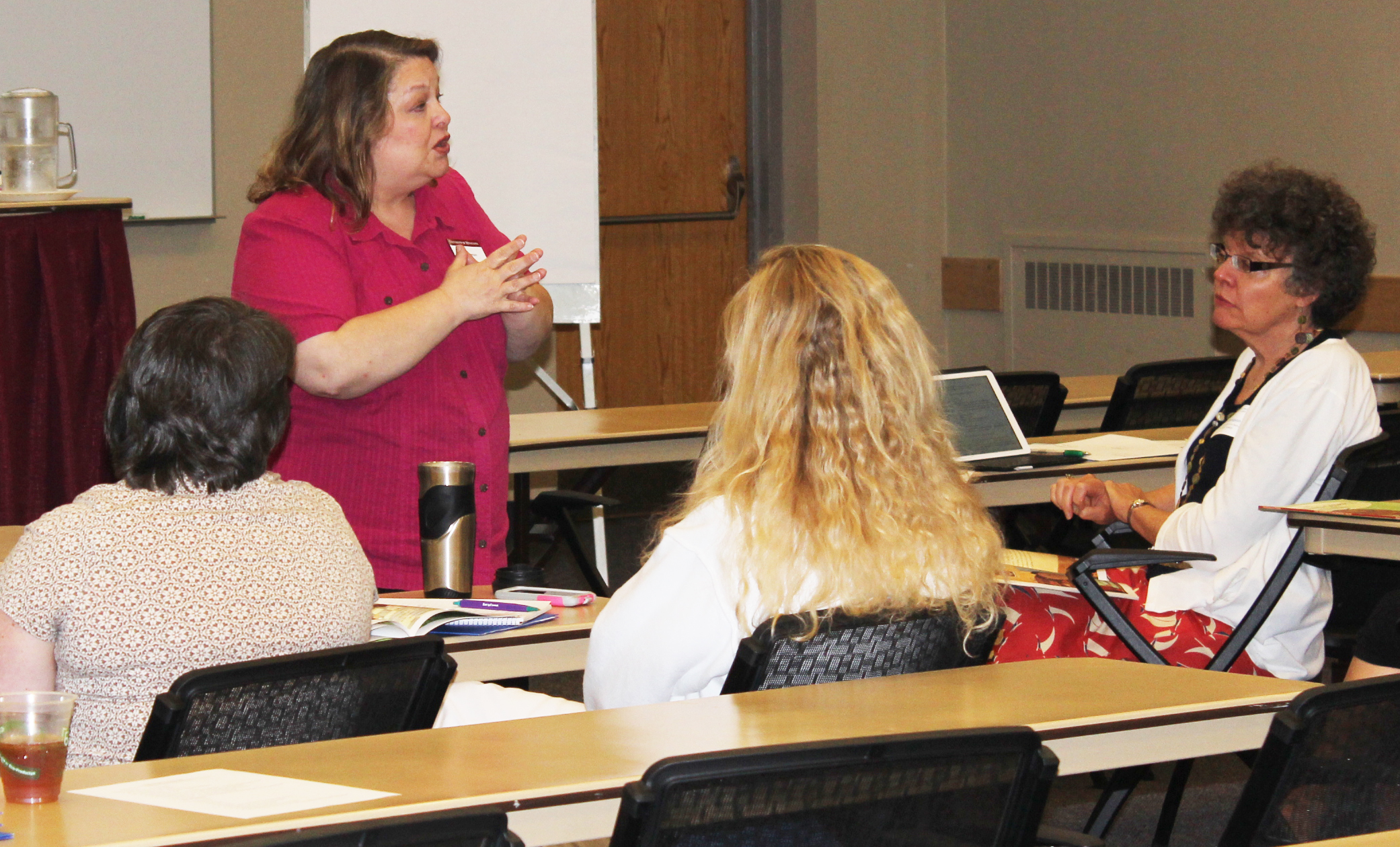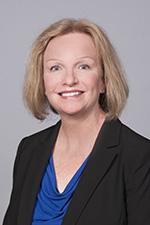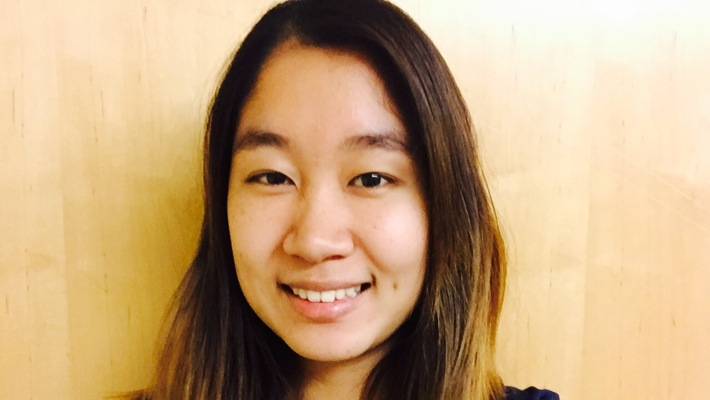
During civil unrest in Burma, Lydia Thai Thai’s father fled to Thailand where she was born in 1995. Eight years later her family was one of the first waves of immigrants to move to a refugee camp in central Thailand. While in the camp, her father started a school and Lydia volunteered at the school teaching children and learning at the same time. “I didn’t know much English, but I started picking up the language while assisting the teachers,” Lydia recalls.
When her family moved to the United States in 2008, Lydia began attending Humboldt Junior High School in St. Paul. As a seventh grader she worried the language barrier would pose a problem interacting with classmates, but her concerns quickly dissipated as she encountered her fellow students. “I was put into an ELL class with many newcomers,” she says. “The class was diverse, but I met a lot of people who spoke the same language as me. It made me more comfortable.”
In high school, Lydia began playing tennis with the Saint Paul Urban Tennis (SPUT), a program that uses the sport to help youth develop character by learning responsibility, teamwork, integrity and service. After her first year with the program, she was invited to coach younger players. “I just love the kids there,” she says. “Not just teaching tennis, but teaching the life skills.”
A sophomore in CEHD, Lydia was accepted to other colleges but chose the University because it was closer to home. As the oldest child, Lydia takes responsibility for translating documents and running errands for her family since her parents don’t speak English very well. As a student, she feels added responsibility to her family. “Being the first in a family to go to college is a lot of pressure,” she says. “If you come from a family where parents or relatives never went to college, they don’t know what college is like and that there are many careers to choose from.” Knowing that many parents of first-generation students want their children to go to medical school or law school, Lydia offers this advice: “A lot of first-generation students should give themselves the opportunity to explore…finding out what you like to do is important.”
As a first-generation student, Lydia credits the TRIO program and PsTL’s First Year Experience in helping her succeed during her freshman year. “FYE and PsTL classes helped me build a community and prepared me for future classes,” she says. “The TRIO class gave me a chance to learn where everyone is coming from…to understand their cultures…it was a very diverse group and I really liked it.”
One-on-one tutoring from PsTL’s Rhiannon Williams helped Lydia understand class assignments and gain access to resources she didn’t know existed like the Writing Center. SPUT Executive Director Becky Cantellano also serves as a mentor for Lydia, giving her resources and opportunities to explore career paths. Of the four SPUT life skills, the one that resonates most strongly with Lydia is service. She believes in giving back.
Despite a busy class schedule, she volunteers at the Hubbs Center in St. Paul helping adults learn English. “I was once an immigrant and didn’t know English, so for me to help adults is really easy,” she says. “I understand the struggles of trying to learn a new language and I can give them advice and resources.”
In addition to school, SPUT and volunteering, Lydia works with children at the El Rio Vista Recreation Center’s after school program. She also runs their summer and winter break programs. She is responsible for organizing homework help, and planning activities such as field trips, crafts, swimming and playtime in the gym. “I’ve had a lot of advantages getting to a lead a program at 20 years old,” says Lydia. “I want to make it the best year ever so they’ll be back next year.”
Her experiences with children in the camps, at SPUT and the El Rio Vista Rec Center reinforce Lydia’s desire to pursue social work, even though her parents suggest otherwise. “I told them, ‘I’m going to give this a try. You just watch me, this is a good career.’”

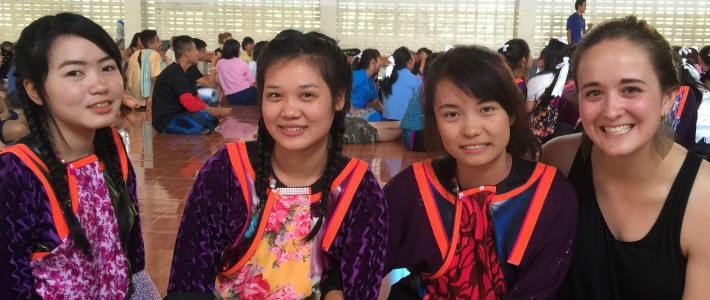
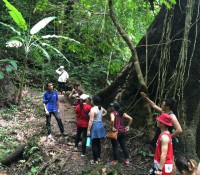
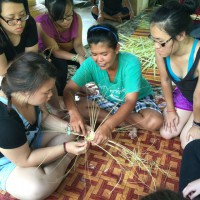


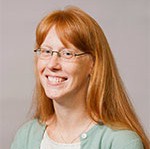
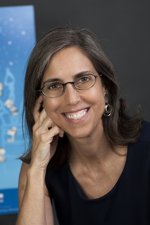
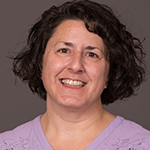
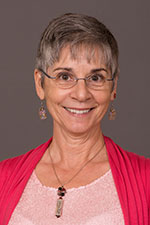 MPR featured FSoS Associate Professor Joyce Serido in a recent segment about college students and personal finance.
MPR featured FSoS Associate Professor Joyce Serido in a recent segment about college students and personal finance.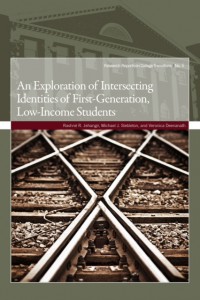
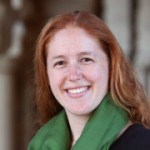 For her first semester as C&I faculty, Erin Baldinger will teach MTHE 5021- Algebraic Structures in School Mathematics and begin researching the role of college-level math content courses in preparing secondary math teachers. Dr. Baldinger will also work with colleagues around investigating supports for novice teachers to engage in high-leverage instructional practices.
For her first semester as C&I faculty, Erin Baldinger will teach MTHE 5021- Algebraic Structures in School Mathematics and begin researching the role of college-level math content courses in preparing secondary math teachers. Dr. Baldinger will also work with colleagues around investigating supports for novice teachers to engage in high-leverage instructional practices.